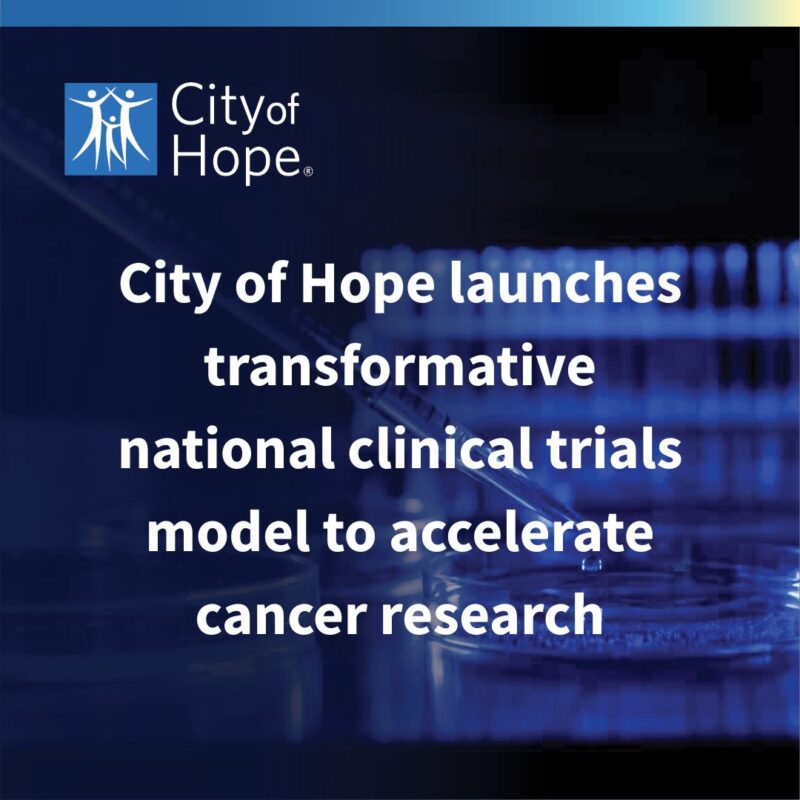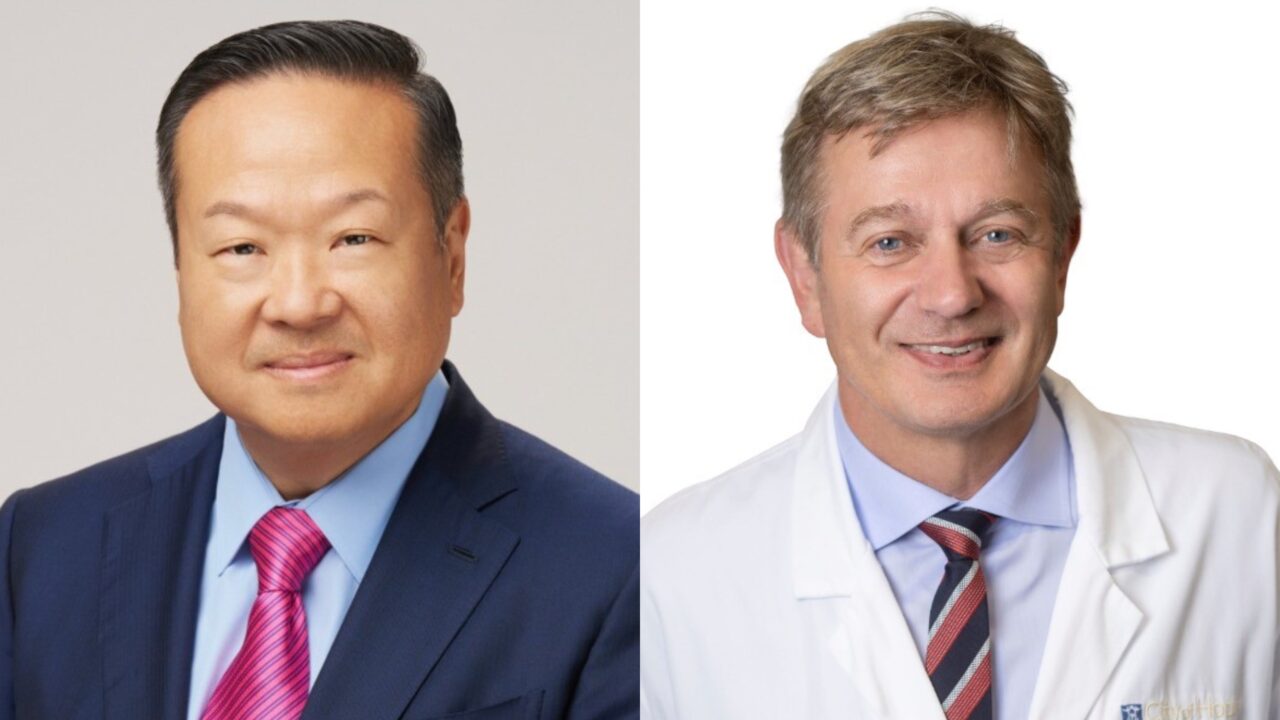Ed Kim, Senior Vice President & Physician-in-Chief at City of Hope Orange County & Vice Physician-in-Chief & Professor & System Director Clinical Trials Office at City of Hope National Medical Center, shared a post on LinkedIn:
“We’ve achieved a significant milestone in our commitment to bring breakthrough cancer treatments closer to home for people across the country.
City of Hope has launched a transformative national clinical trials model that will accelerate cancer research and expand access to emerging treatments for more patients, regardless of geography.
This centralized model allows us to open clinical trials simultaneously across multiple states, streamlining operations, reducing enrollment times, and increasing access to cutting-edge therapies. Whether a trial is sponsored by the NIH, a pharmaceutical partner, or developed right here at City of Hope, our unified system ensures patients in underserved communities can participate in trials that were once out of reach.
Our goal is simple: to ensure every patient has access to the latest advances in cancer treatment, no matter their zip code.
This is the future of clinical research — scalable, inclusive, and driven by purpose. Thank you to the teams who worked so hard to make this happen for our patients.

Marcel van den Brink, President at City of Hope Los Angeles and National Medical Center, also shared a post about this clinical trial on LinkedIn:
“At City of Hope, we are driven by a commitment to bring the most advanced cancer care to every patient, no matter where they live. Today, I’m proud to share a groundbreaking step forward in that mission.
We’ve launched a transformative national clinical trials model, a new framework that enables us to open trials simultaneously across multiple states, accelerating access to promising therapies and expanding equity in cancer research.
Too often, access to clinical trials is determined by geography. Our new approach ensures that patients in underserved communities can benefit from the same cutting-edge treatments as those near major academic centers.
This is what it means to make hope a reality — not just for some, but for all.”
More posts featuring City of Hope.


